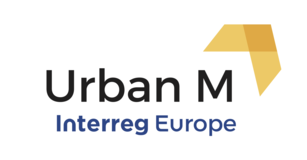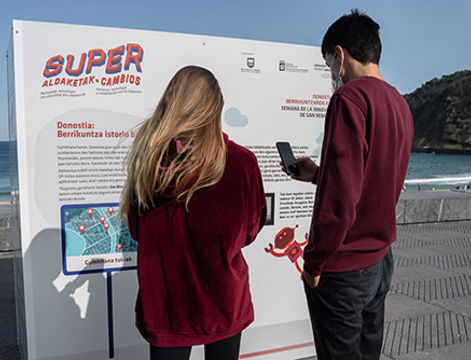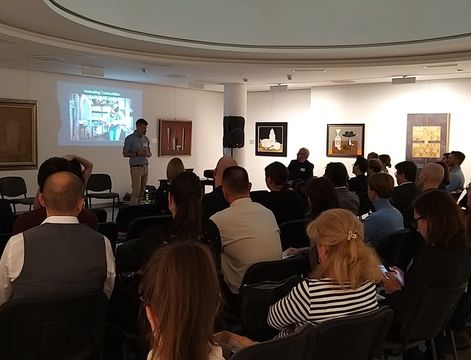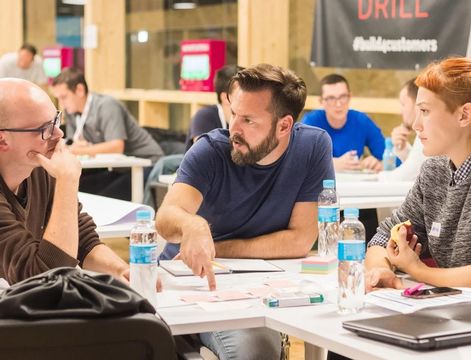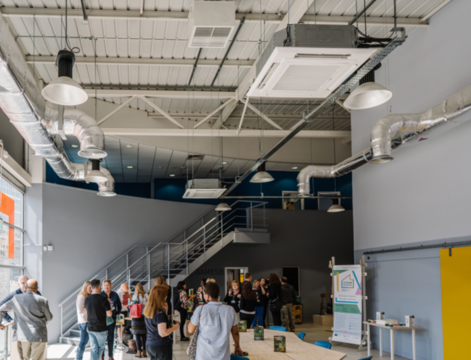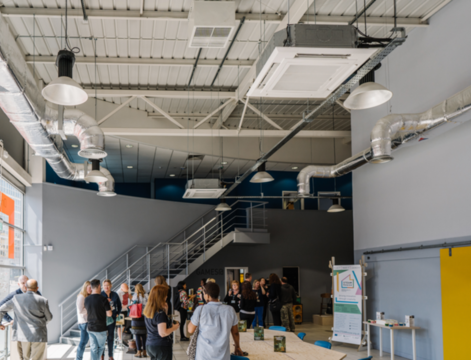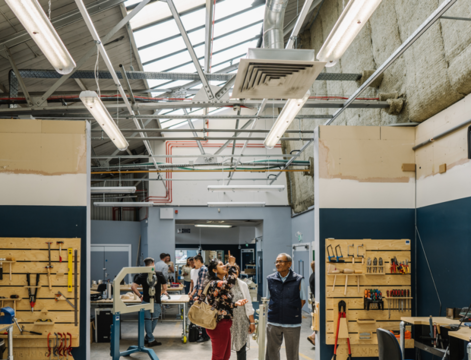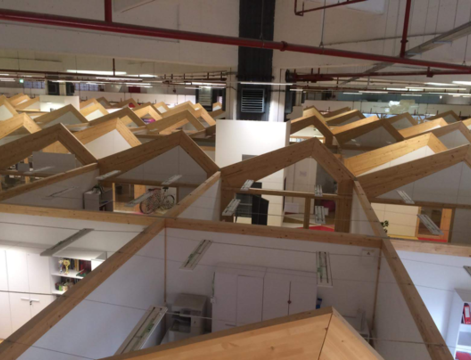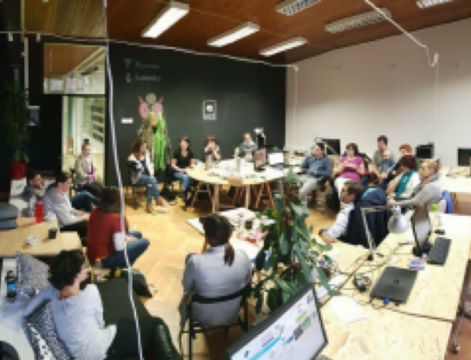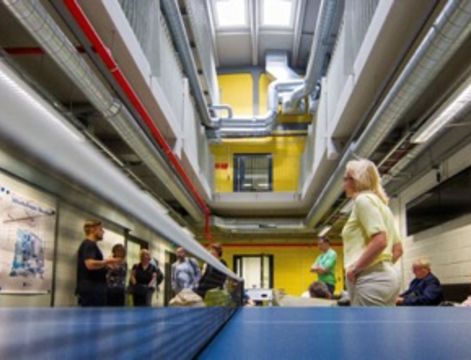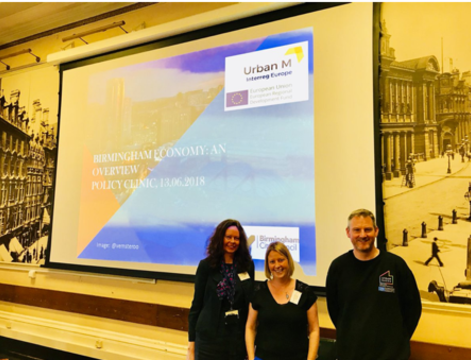 Interreg Europe Project Manager for Urban M, Laura Veart, explains how Birmingham is leading the way and benefitting from a host of maker space knowledge from across Europe.
Interreg Europe Project Manager for Urban M, Laura Veart, explains how Birmingham is leading the way and benefitting from a host of maker space knowledge from across Europe.
Urban M focuses on supporting local public authorities to make changes in their policies around collaborative maker spaces - collaborative workspaces for making, learning, exploring and sharing.
Birmingham City University (BCU) is engaged with Urban M (Urban Manufacturing) as the lead advisory partner thanks mainly to our practical experience of launching and developing STEAMhouse which is seen as the realisation of maker space thinking in Birmingham and an international exemplar.
Urban M has given us a real opportunity to put STEAMhouse on the European map. Our challenge now is to capitalise by helping project partners develop their strategies and exploring the potential for future collaboration using our STEAMhouse expertise. 
Each of the partner cities across Europe made a different initial commitment about what they intend to change as a result of Urban M. Some of the partners already have established maker spaces so their challenges are quite different. Lisbon is a good example. Their challenge is about exploring how to better connect existing maker spaces across the city.
We’ve spent almost two years on the project so far, exploring the individual challenges each partner city is facing. We’ve held eight policy clinics with each city pledging to produce an action plan by the end of the year.
We’ve also conducted a peer review with each city to look at their action plans and examine how to navigate through the different local political structures found in each region. Some partners are already well connected and can see how their plan with flow through but it’s not as clear cut for others. 
A big focus has been making sure that the action plans are very practical which means that they are very different in each environment – they have to be useful to the partner city and something that can be implemented so the plans are bespoke rather than prescriptive.
Because Urban M is a policy project it could be a number of years before the outputs and benefits are fully realised. The action plans will be monitored formally by the project through to the end of 2021. BCU will continue to be involved during this period to monitor whether the actions lead to the desired policy changes.
One of the benefits of Urban M for our city has been taking local stakeholders such representatives from the Chamber of Commerce and Local Enterprise Partnership to see what’s been achieved in other areas and coming back to consider what could be accomplished in Birmingham.
The city stakeholder groups are often people that have not been involved in projects such as Urban M before and they have certainly never worked together on maker spaces so it’s been interesting to get everyone in the same space and thinking about policy change within the city.
The next step for Birmingham is to work with stakeholders on our local action plan which focuses on how we encourage more people to bid for funding and, at a strategic level, how maker spaces could be a good tool for economic growth and skills development across the city and region. 
We haven’t necessarily got everything right in Birmingham but STEAMhouse is a great start and Urban M is helping move things forward. Our issue in the city is very similar to that faced in Lisbon – connectivity. How do we make sure people are able to move around and use the maker space eco-system and its support networks?
Feeling inspired? If you’re interested in a coworking maker space in the heart of creative Birmingham, get involved with STEAMhouse by checking out their upcoming events or by registering to join here.
